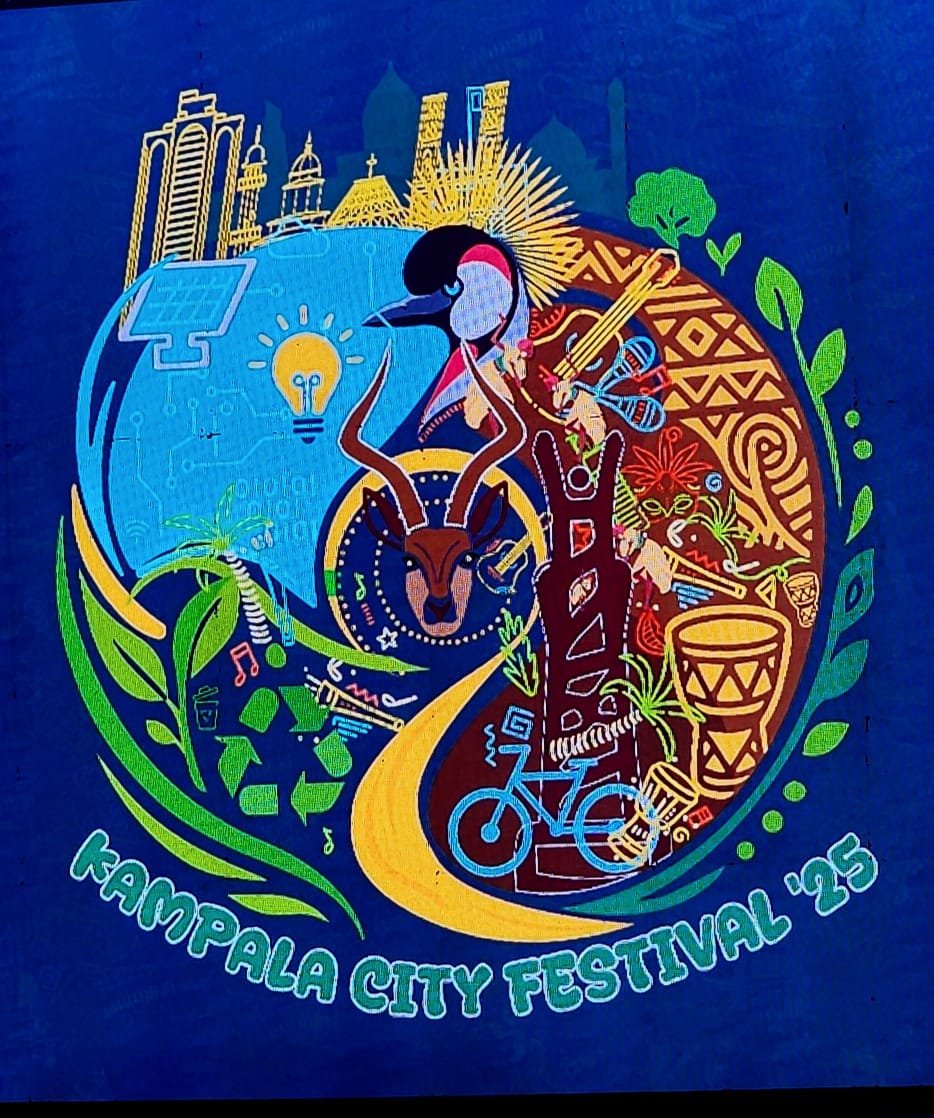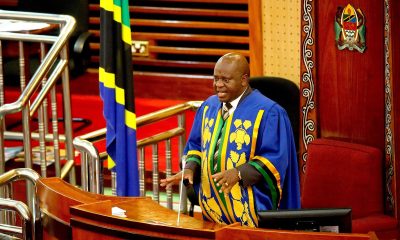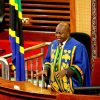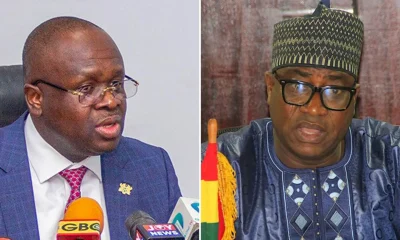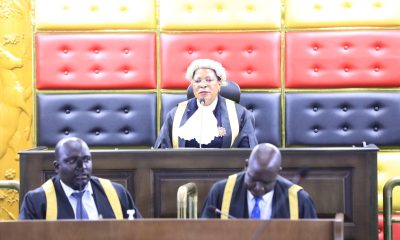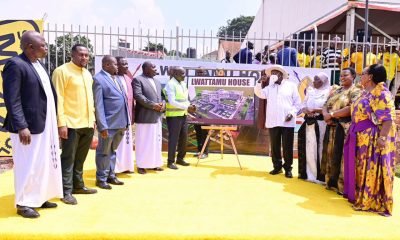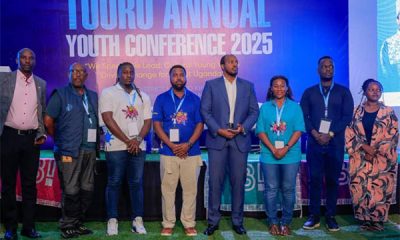Culture
Kampala City Festival Returns with a Purposeful Rebrand, Championing Culture, Innovation, and Sustainability
The return of the Kampala City Festival after an eight-year hiatus marks more than just a celebratory gathering—it signals a reinvention of urban culture, civic pride, and strategic positioning for economic growth. Organised by the Kampala Capital City Authority (KCCA), the 2025 edition is a calculated shift from carnival-style revelry to a thematic, inclusive, and impact-driven urban celebration.
This transformation is timely and deliberate. In distancing the festival from its previous identity, the organisers are sending a clear message: Kampala’s cultural narrative is maturing. Instead of entertainment for its own sake, the focus is now on substance—showcasing Kampala’s diversity, innovation, sustainability practices, and communal resilience. By branding it a “festival” rather than a “carnival,” KCCA signals a pivot toward depth and societal relevance.
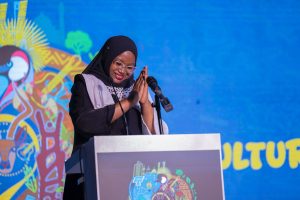
KCCA Executive Director Hajjat Sharifah Buzeki
Executive Director Hajjat Sharifah Buzeki’s remarks at the launch underscored this mission. Her call for unity and reflection reflects a deeper public need: a city in search of cohesion after years of urban challenges and a global pandemic. Buzeki’s framing of the festival as a moment to reconnect with the city speaks to a broader theme of urban identity revival, one that extends beyond mere pageantry.
The planning of pre-festival activities also illustrates this transformation. Initiatives like tree planting, urban agriculture demos, medical camps, and anti-litter campaigns are not just symbolic; they are participatory tools aimed at civic reawakening. These actions suggest that the festival is being used as a vehicle for urban social change—a smart move in a city where service delivery, environmental decay, and public engagement have often been fragmented.
Equally strategic is the positioning of the festival within the broader national calendar. Its proximity to National Independence Week and its follow-up to the Kabaka Coronation celebrations enhances its cultural significance, binding it to Uganda’s political and heritage identity. The timing strengthens both attendance and visibility, especially for local and international visitors.
From an economic lens, the event holds considerable promise. Uganda Tourism Board’s CEO Juliana Kagwa rightly notes the festival’s potential to grow tourism’s GDP contribution and generate employment. For Kampala—a city with untapped creative capital and a youthful population—this rebranded festival is a rare chance to monetise culture while encouraging business and innovation.
The private sector’s enthusiastic support, with 90% of invited sponsors already on board, indicates strong confidence in the event’s potential. The tailored sponsorship models will likely open doors for both established brands and SMEs, further diversifying participation and economic benefits.
Politically, the festival provides a moment of soft power for KCCA and its partners. In a politically charged pre-election environment, such events help to neutralise tensions and offer citizens a positive civic outlet. Yet the real test will be implementation—whether the grand vision translates into tangible, orderly, and inclusive experiences across the city.
In essence, the 2025 Kampala City Festival is no longer about spectacle—it is about strategy. It’s an urban mirror, asking residents not only to celebrate their city but to co-create its future. If executed with the same thoughtfulness as its planning, it could become a benchmark for how African cities reclaim public spaces—not just for joy, but for justice, dignity, and development.
Comments



